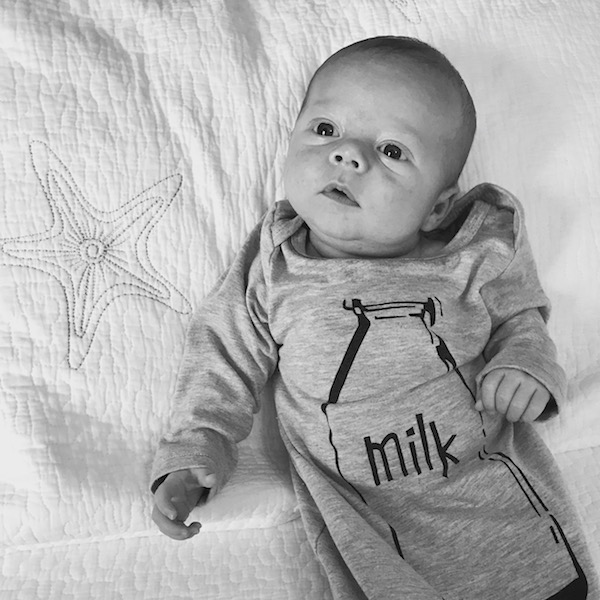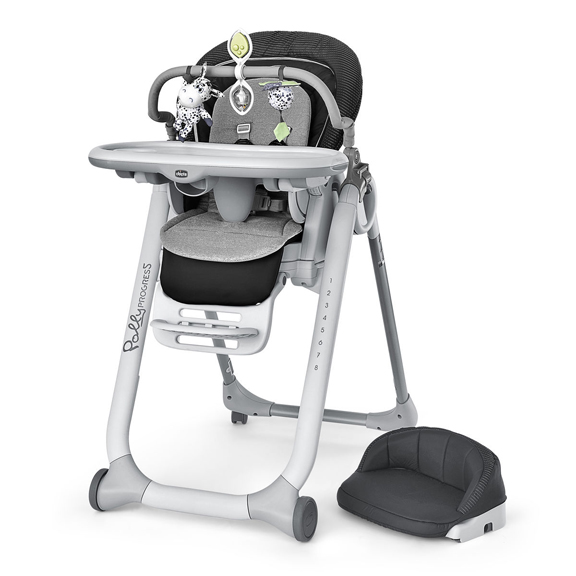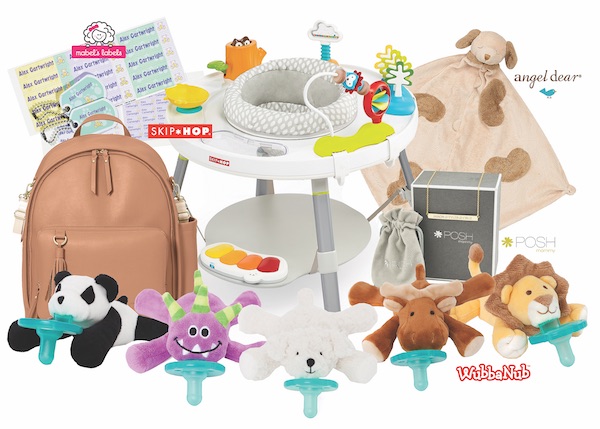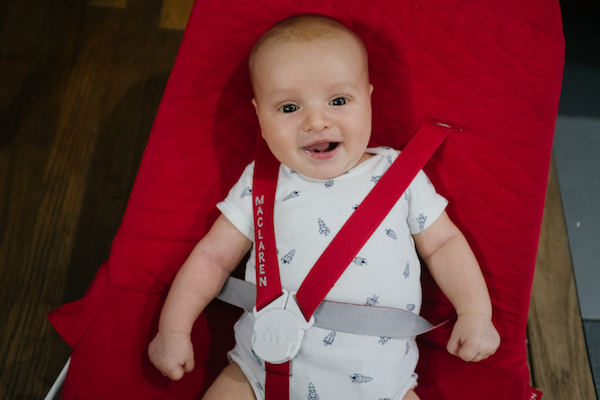 I am a true believer in the benefits of breastfeeding—I’ve interviewed experts and written articles on this topic—so it is with some shame that I confess … I am a formula feeder. With each baby, I have tried breastfeeding only to encounter roadblocks that pushed me down a dairy detour. My most valiant effort was with my first.
I am a true believer in the benefits of breastfeeding—I’ve interviewed experts and written articles on this topic—so it is with some shame that I confess … I am a formula feeder. With each baby, I have tried breastfeeding only to encounter roadblocks that pushed me down a dairy detour. My most valiant effort was with my first.
When I first became a mom, I was convinced that I would breastfeed no matter what. I took the breastfeeding class at my local hospital and bought supplies in preparation. When my daughter was born, I diligently fed on demand, day and night. Feedings would last for what felt like a very long time, and after a short break, she would be ravenously hungry again. My baby had the requisite wet and dirty diapers, but she wasn’t gaining weight. She was hangry (red-faced and irritable) all the time, and I was frustrated. Fortunately, baby was over 8 pounds at birth, so even when she lost weight and failed to gain it back, she didn’t look sickly thin. However, the pediatrician was concerned by the lack of progress at the scale and suggested I incorporate formula into baby’s diet.
As I began to supplement with formula when baby was 6 weeks old, I was delighted to discover that she didn’t have an irritable temperament after all! Baby was actually very calm and content when she had a full tummy. She also began to sleep through the night immediately thereafter. I did continue to breastfeed for most of her first year, but I supplied formula as needed. Yes, I know that supplementing interrupts breastfeeding and decreases milk supply. I was just happy to have a baby that was happy and fed.
Since that first attempt, I have lost some confidence in my ability to successfully breastfeed my babies. Baby 2 was given formula in the NICU (they didn’t ask permission), so his diet was doomed from the start—he was not satisfied to go back to colostrum after he’d received his first meals via bottle. Baby 3 also breastfed initially but discovered formula soon after.
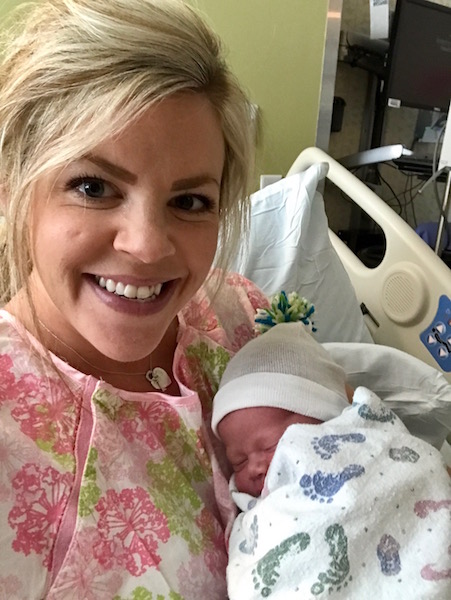 With this fourth baby, I figured I’d give breastfeeding another shot—I always do—but didn’t expect a lot of success. In the hospital, I followed all the lactation best practices, and I was thrilled at baby’s first doctor’s appointment when they said he was on his way to gaining back his birth weight. It was actually working! But by the end of baby’s first week, I felt that while breastfeeding might be working for him, it wasn’t working for me this time.
With this fourth baby, I figured I’d give breastfeeding another shot—I always do—but didn’t expect a lot of success. In the hospital, I followed all the lactation best practices, and I was thrilled at baby’s first doctor’s appointment when they said he was on his way to gaining back his birth weight. It was actually working! But by the end of baby’s first week, I felt that while breastfeeding might be working for him, it wasn’t working for me this time.
For anyone who hasn’t breastfed, let me be honest: Breastfeeding hurts! Not “discomfort,” but actual pain. At the start, there’s the pain of the uterus contracting at every feeding. This gets worse with each baby—with my third, I was throwing up from the pain, which felt exactly like advanced contractions during labor. That passes after the first couple days, but then there’s the nipple soreness and chafing, plus the immense pressure of engorgement as the milk comes in. Get past the engorgement and the soreness, and you’ll be OK as long as you don’t encounter any complications.
All of the above was expected. But this time, nipple soreness turned into cracking and bleeding, scabbing and tearing before the scabs had time to heal. I would have pain shooting up to my armpit as well. So I wanted to breastfeed to ease the engorgement, but then the pain was so severe that I had to take pain pills meant to aid my recovery from the vaginal birth. It would take a major act of will every time I latched baby on—it was hard to breathe through the pain, and I got to where I was sobbing through a feeding, even on pain meds.
My husband said, “You know, you don’t have to do this!” And he was right. We live in a glorious time when life-sustaining formula is for sale at every supermarket. I decided to bottle feed—using formula and pumped breast milk—until my body healed up. However, when I tried breastfeeding again a week later (with some trepidation), baby had lost interest.
Now, baby Deke is completely bottle-fed. I pump here and there, but mostly, he’s drinking formula. No, it’s not the same as breast milk. I know that, and I carry guilt for it. I sometimes feel like less of a mom because I’m not supplying baby with nourishment the way nature intended. Breastfeeding is so much easier for some women—I hear tales of freezers full of breast milk because mom is over-producing—and I wish I could experience that satisfaction. I have also cried over the end of my breastfeeding career. Here I have my last baby, and he’s done nursing already. There is certainly a loss there.
I remind myself that while “breast is best,” formula is still pretty good. Baby Deke is fed, he’s growing and he’s calm and happy most of the time. I know exactly how much he’s eating, and other people can assist with feedings. When my baby-love hormones urge me to breastfeed, I pump and I snuggle him, because that’s what I can do right now. I’m grateful for my healthy baby, and I’m grateful I can keep him well fed.
